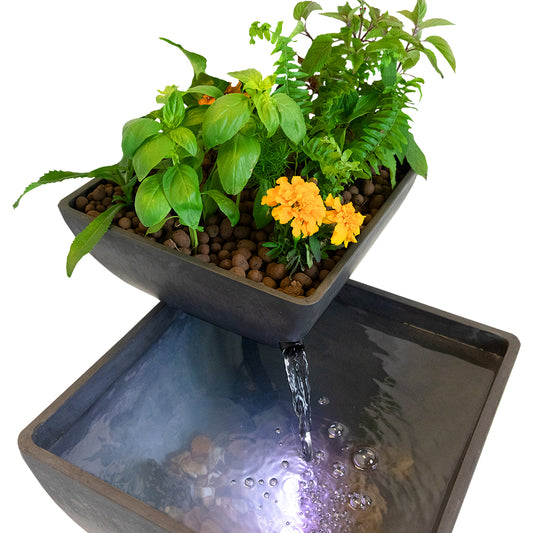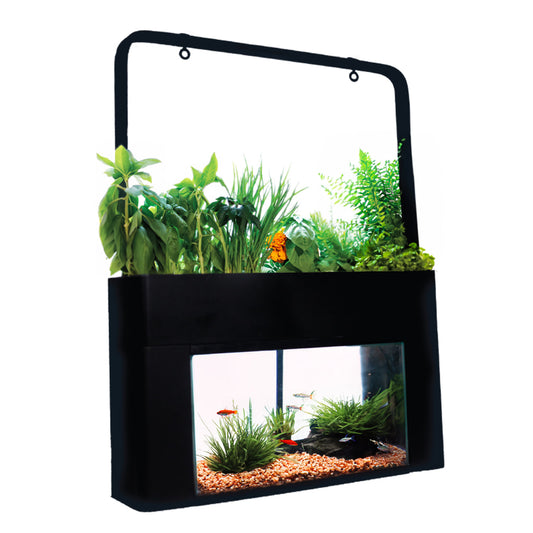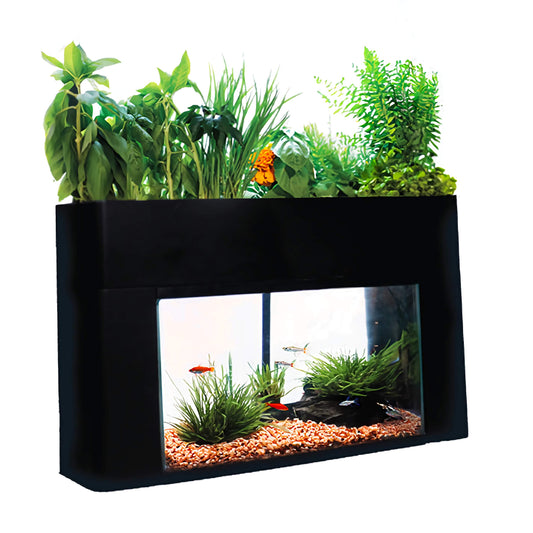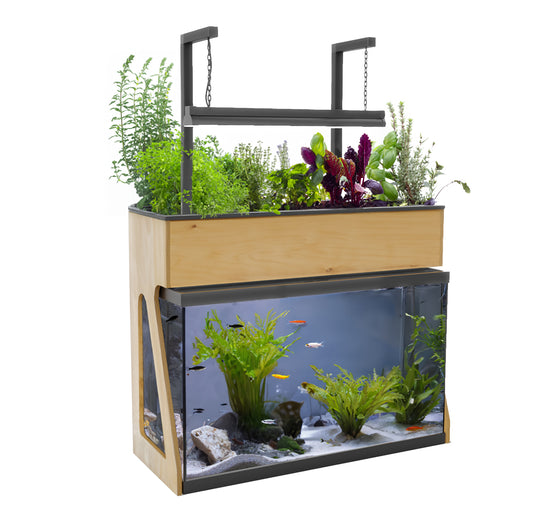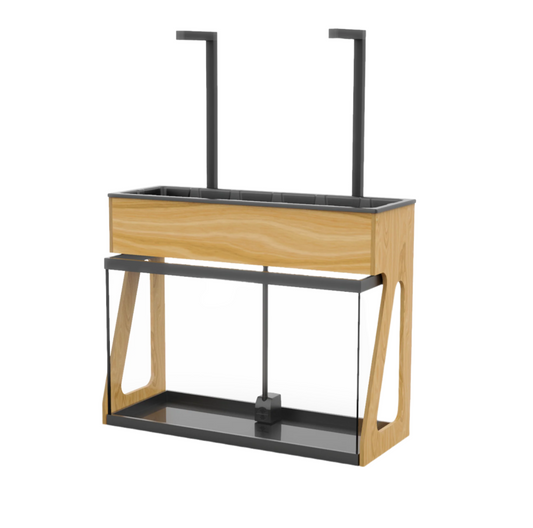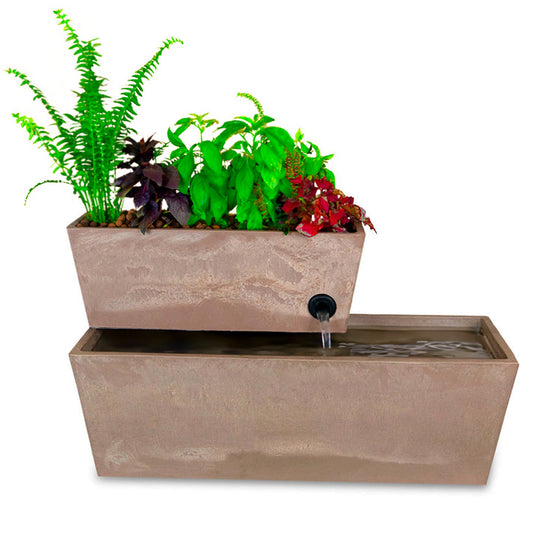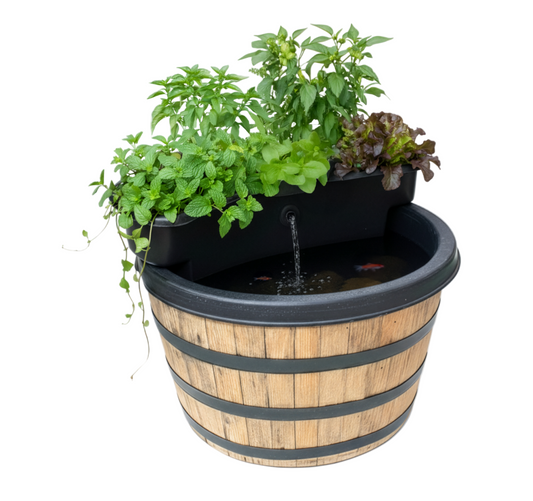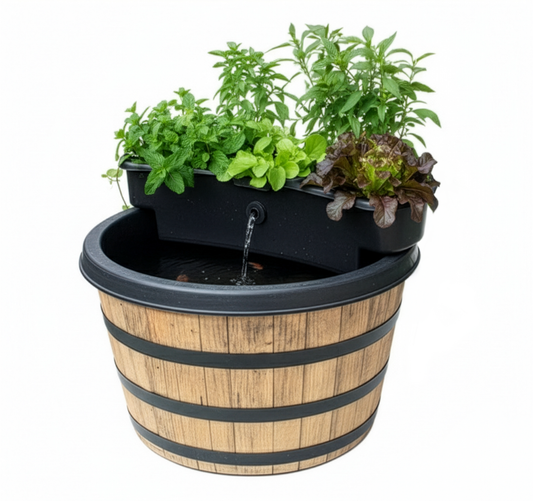Symbiotic Synergy: How Space Station Bacteria Could Revolutionize Aquaponics, Earth and Beyond
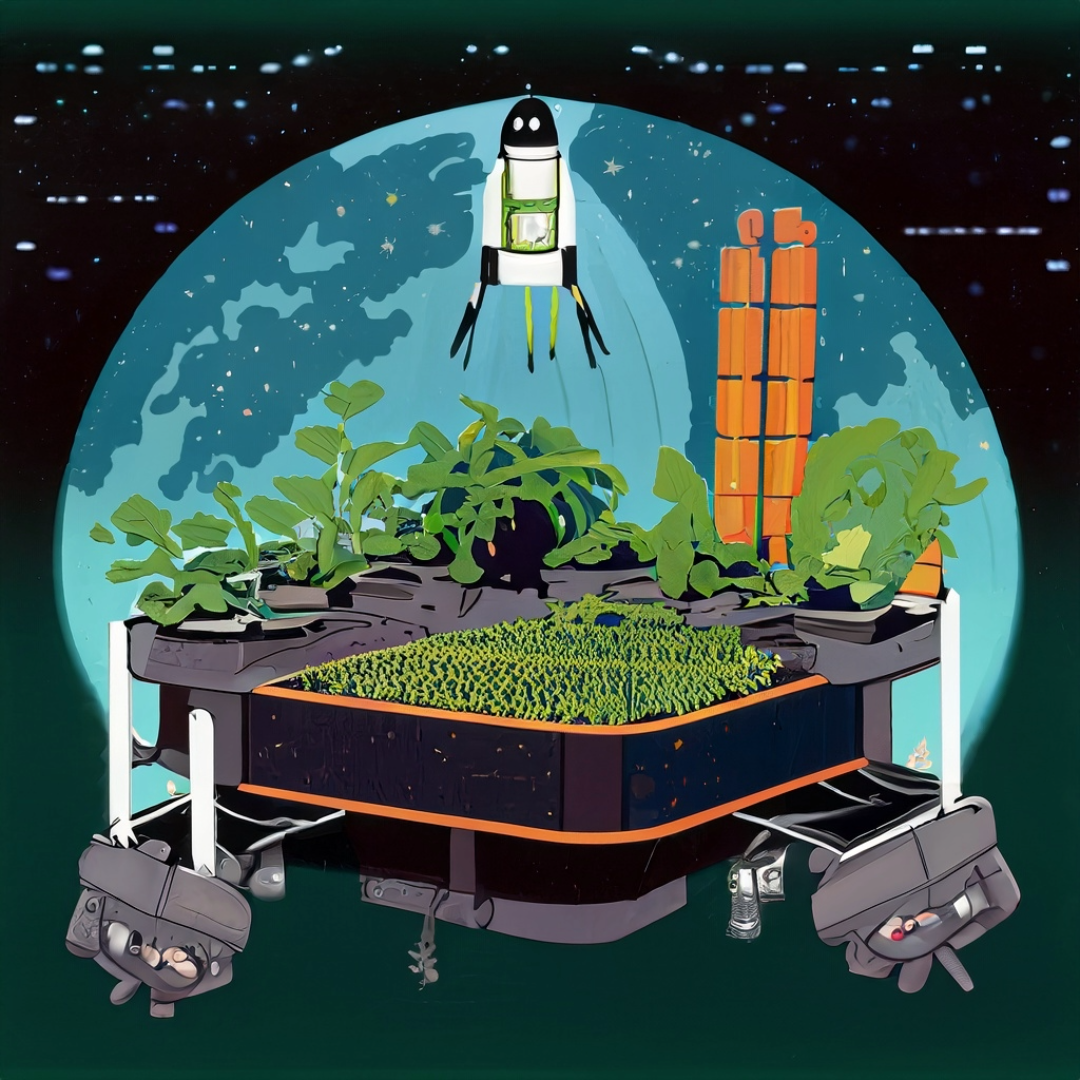
Aquaponics, a revolutionary method of cultivating plants and fish in a self-sustaining ecosystem, has captured the imagination of scientists and enthusiasts alike. This innovative approach, inspired by nature's intricate balance, has gained widespread recognition for its remarkable sustainability and efficiency. Recently scientists have discovered the presence of bacteria from the genera Nitrosomonas and Nitrobacter on the International Space Station (ISS). These bacteria play a crucial role in the nitrogen cycle, converting harmful ammonia into beneficial nitrate, an essential nutrient for plants.
The discovery of these bacteria on the ISS raises intriguing questions about their origins and potential implications for extraterrestrial aquaponics. While the exact source of these microbes remains a mystery, their resilience in the harsh environment of space suggests that they could thrive in other extraterrestrial habitats. This opens up exciting possibilities for the development of advanced extraterrestrial ecosystems, including aquaponics systems. Imagine thriving colonies of plants and fish, nourished by space-adapted bacteria, flourishing in controlled environments on Mars or beyond. While these ideas may seem futuristic, they serve as a testament to the boundless potential of aquaponics.
The potential to incorporate extraterrestrial organisms into aquaponics is not only intriguing but also holds the promise of fundamentally advancing the field. Scientists are exploring theories about the migration of life on Earth through the environment or spores propelled around the universe. These concepts, if validated, could revolutionize our understanding of the origins and distribution of life beyond our planet. The discovery of space station bacteria serves as a reminder that advanced biological systems can lead to groundbreaking innovations, even in fields as seemingly unrelated as aquaponics. While many associate alien technology with futuristic spaceships and weaponry, this discovery highlights the remarkable potential of microorganisms to transform our world.
The symbiotic relationship at the heart of aquaponics, between fish, bacteria, and plants, offers a sustainable solution that can be applied in environments far beyond Earth. The ability of a closed-loop system like aquaponics to produce fresh produce while drastically reducing waste and resource consumption offers a promising model for sustaining life in extraterrestrial environments. Space station bacteria marks a significant milestone in microbiology and may hold key clues to the origins of life. While the exact origin of these bacteria remains uncertain, the potential to leverage these organisms in aquaponics and other bio-engineering projects is nothing short of fascinating. As we continue to explore the universe and expand our understanding of the biological underpinnings of life, the possibilities for advanced biological systems and aquaponics are truly endless.


